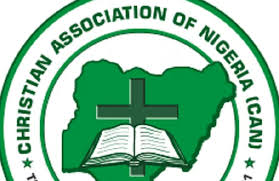The Nigerian Senate on Wednesday passed for second reading, a bill seeking to establish the Federal College of Skills acquisition, technology Agulu, Anambra state.
The sponsor of the bill Sen.Victor Umeh (LP-Anambra) had indicated that acquisition of technical and technological skills is a major requirement for the advancement and development of any nation.
While presenting his lead debate
Umeh said the establishment of platforms for acquisition of requisite skills, through technical and technological education is a source of youth’s empowerment.
This, he said is a sure way of curtailing unemployment in the country.

“It is instructive to note that Nigeria today, ranks among nations with very high level of youth unemployment.
“We have millions of youths idling away without any visible means of livelihood and this has significantly contributed to the high level of insecurity in the Country, that an idle mind is a devil’s workshop.
He, however, said the idle youths could be salvaged and empowered through acquisition of technical skills that would provide employment opportunities for them, especially, in the construction industry and enable them to be self-employed.
He said the bill has been conceived to provide trainings in bricklaying, electrical installations, plastering, roofing, plumbing, painting, cooling systems, refrigeration.
Others are carpentry, steel fabrications, welding, ceiling POPs, Iron bending and fitting among others.
“It is not in doubt that people with these skills are the backbone of the construction industry in any given nation,for example, in America and other developed countries of the world.”
He said great emphasis was placed on skills acquisition among the youths in the US, particularly those not in pursuit of university degrees or diplomas in tertiary institutions.
He urged the lawmakers to support the expeditious passage of the bill because of its far-reaching relevance to the socio-economic development of this country.
Consequently the bill which received support of most lawmakers who made contribution given its potential was read for the second time.
Deputy President of Senate, Barau Jibrin, (APC-Kano) who presided plenary referred the bill to committee on Tertiary Institutions and Tertiary Education Trust Fund (TETFund) for further legislative inputs and to return back to plenary in four weeks.



